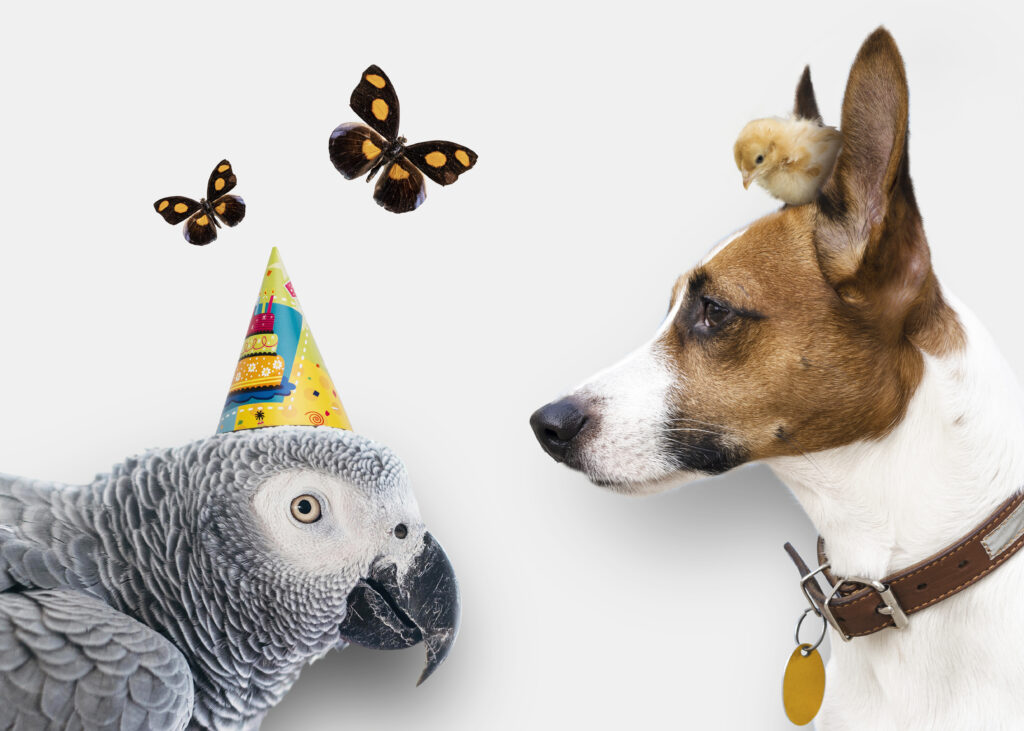
When most people think of therapy animals, dogs are usually the first to come to mind—and for good reason. Their loyalty, trainability, and affection make them ideal companions in therapeutic settings. However, a growing number of individuals with disabilities are finding comfort, emotional support, and functional aid from less common therapy animals. From miniature horses to rabbits and even parrots, these animals are making a profound impact in unique and meaningful ways.
Miniature Horses: Gentle and Grounded Companions

Miniature horses are among the most recognized alternatives to dogs in the therapy animal world. Standing around 2.5 to 3 feet tall, they are especially suited to individuals with mobility impairments. Because of their size, strength, and calm demeanor, miniature horses can assist with balance and walking for people with physical disabilities. Their long lifespan—often up to 30 years—also offers long-term continuity for clients who may not want to face frequent losses that can come with shorter-lived animals.
Miniature horses are also used in equine-assisted therapy programs to help individuals with autism, PTSD, and developmental disorders. Their steady, intuitive presence helps clients build trust, confidence, and emotional regulation.
Read more: Miniature Horses as Service Animals: What You Need to Know
Rabbits: Quiet Comfort in Small Packages

Rabbits are gentle, soft, and naturally quiet—qualities that make them ideal for therapeutic work with children and adults who have sensory sensitivities or anxiety disorders. In classrooms or care centers, rabbits can soothe individuals on the autism spectrum or those living with trauma. Stroking a rabbit’s fur or simply observing its calm behavior has been shown to lower blood pressure and reduce stress.
Because they’re small and relatively low-maintenance, rabbits can be a practical option for individuals with limited space or physical stamina. They’re often used in animal-assisted therapy sessions where noise or larger animals might be overwhelming.
Birds: Emotional Bonds with Feathers
Parrots and other birds, while less conventional, are capable of forming strong emotional bonds with their handlers. Some individuals with disabilities—especially those with depression or social anxiety—find the birds’ ability to mimic speech both amusing and encouraging. The need to communicate with and care for a bird can also provide valuable structure and purpose.
Therapists have noted that birds can encourage vocalization and verbal engagement, particularly in individuals recovering from stroke or dealing with speech disorders. The social interaction birds invite can enhance emotional well-being and cognitive engagement.
Guinea Pigs and Other Small Pets: Big Hearts in Tiny Bodies

Guinea pigs and other rodents like hamsters or gerbils can also serve as therapy animals. Their small size and easy handling make them ideal for visits to nursing homes or hospitals, where large animals may not be allowed. For children with developmental disabilities, these pets offer opportunities to learn responsibility, gentleness, and empathy.
Conclusion
Less common therapy animals provide a wider range of therapeutic benefits than many realize. Whether it’s a miniature horse helping someone walk again, or a parrot encouraging speech, these animals bring unique strengths to the healing process. By embracing diversity in therapy animals, we expand the possibilities for care—offering more personalized, accessible, and effective support for individuals with disabilities.
Do you own an assistance animal? Register your pet today.
The Service Animal Registry of California invites you to have your assistance animal registered in order to designate its status. We also encourage you to take our online classes so you can be fully aware of your rights and gain more knowledge about your support animal.
Finally, we present to you our book entitled, “ASSISTANCE ANIMAL LAWS: LEARN YOUR RIGHTS REGARDING SERVICE ANIMALS, EMOTIONAL SUPPORT ANIMALS, THERAPY PETS, AND OTHER DOGS, CATS, AND ASSISTANCE ANIMALS” to provide you with a complete education on assistance animals.
Purchase your copy of the book by clicking the image below.

